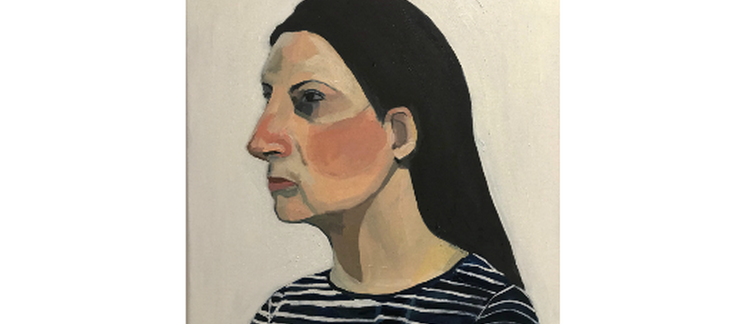
Introduction by Lisa Baraitser and Amber Jacobs
This cluster of papers emerges from a panel discussion that took place as part of the Feminist Emergency conference at Birkbeck, University of London, 22-24 th June 2017. The interdisciplinary panel traced the production, visualisation and psychosocial meanings of the fluid milk. Tired of the ways the terms ‘milk’, ‘mother’ and the ‘maternal’ are constantly used in a negative relation to essentialism, we aimed to use the term ‘queer milk’ to push milk into new non-normative terrains. The panel therefore investigated the intersections between the lactating body, milk production technologies, and milk markets in contemporary conditions in which women and female animals are demanded on to be constantly productive. Examining the visualisations and meanings of milk that circulate in the wider economy, alongside its flow as material sub-stance – passing between mothers and infants, but also milk-sharing practices between women, between women and men, humans and animals, and human-machine assemblages - the panel opened up the contradictory and ambivalent ways maternal sexual subjectivity, maternal labour, and care are imagined, represented, queered, managed, and exploited.
The cluster of papers gathered here represent a number of the contributors to the original panel discussion, in dialogue with other practitioners, theorists and writers who have an interest in milk. Across the papers we follow milk as it flows not just between mothers and babies, but as it is produced and distributed materially and discursively as ‘lab milk’ (Esther Leslie and Melanie Jackson), as ‘milk pride’ in ‘lactivist’ spaces (Lula Mecinska), as inextricably mingled in the medieval and modern mind with ‘blood’ (Rachel Frances Sharpe and Sophie Sexon), as lively and agentic matter (Kate Boyer) and as a substance that is internally divided into curds and whey, revealing an already constituted separation in maternal and infantile subjectivity and within the mother-child relationship (Amber Jacobs), giving the lie to representations of breast milk as simply the flow of goodness or love from mother to child. The complexity of milk and its relation to the maternal is exposed in this work, raising crucial questions about sustainability, labour, care and the body.
Image credit: Sarah Lightman, Artistic Creation Only, Oil on Canvas, 2017
